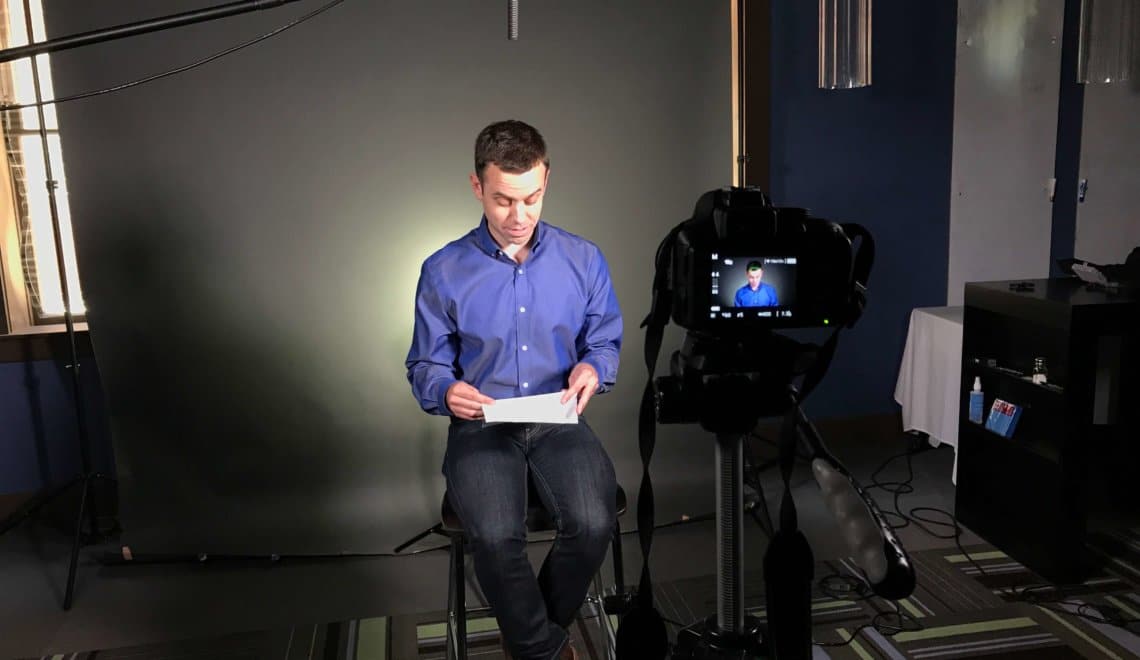Tips for being comfortable on camera during live interviews

Securing live, on-camera interviews has always been regarded as hitting the media relations jackpot. But for some executives, being in the spotlight on live TV pushes them outside their comfort zone. But no worries. Getting more comfortable in front of the camera just takes practice – and patience – and with a little bit of preparation, anyone can master a live interview.
Here are three tips that will set yourself, and your spokesperson, up for success during your organization’s next live interview.
Get your message(s) straight.
You probably already know why a reporter is conducting the interview, after all, there’s a good chance that you pitched it. Even so, take time to familiarize, even memorize, your key messages and talking points (although don’t memorize them to the point where they come across as rote or over-rehearsed). And make sure to get them in right off the bat. During a live interview, you likely will have a limited window to communicate your key messages so get those points in early before you run out of time.
Practice makes perfect.
Just like you did to get your first job, come up with a list of possible interview questions surrounding your topic and rehearse your answers. If possible, replicate the interview setup as best you can. Get a camera rolling, have the lights on, get mic’d up and grab an ear piece. The more you practice in situ, the more comfortable you’ll be when the real thing happens.
Be self-aware, but not self-conscious.
There’s a lot to think about during a live interview. You should be aware of what your body is doing – how you’re positioned and what kind of gestures you’re making. You also should be mindful of your delivery. Exuding confidence in your voice demonstrates your thought leadership and authority. For an example of what not to do, check out this cringe-worthy example from a spoken-word artist who let his nerves and the environment get the best of him during a live interview. [Warning: this video is painful to watch.]
During a taped interview, you may have the opportunity to say “stop the tape,” or you may have the luxury of time to get your point across. The best way to be prepared for any media interview is with media training – which isn’t just a one-time activity. The best executives and communication teams have regular training sessions to keep skills sharp and talking points up to date. If you or your team ever need a hand, give us a ring – we’d be happy to help.
Leave a Reply